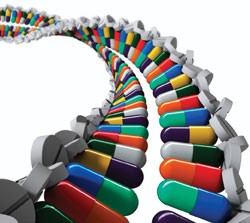- Solutions
- Accounting
- Additional Documentation Requests (ADRs) Management & Support
- Clinical Consulting
- EHR Implementation & Optimization
- Medicaid Eligibility
- Outsourced Contract Controller Services
- Outsourced Revenue Cycle Management
- PointClickCare® Consulting
- QAPI Consulting
- Resident Trust Fund Management & Advisory Services
- Revenue Cycle and Reimbursement Consulting
- Who We Serve
- Resources
- Careers
- About Us
- Contact

 Have you ever medicated a resident for pain, and an hour later they were still not getting relief? Have you ever had a patient with depression and after trying multiple medications, they were not feeling better than when first diagnosed? This has occurred in my career as a nurse more times than I can count. Each time I want so much to give that relief to my resident to no avail. Times have since changed and we now have a test that could change the way the meds are chosen for a resident forever.
Have you ever medicated a resident for pain, and an hour later they were still not getting relief? Have you ever had a patient with depression and after trying multiple medications, they were not feeling better than when first diagnosed? This has occurred in my career as a nurse more times than I can count. Each time I want so much to give that relief to my resident to no avail. Times have since changed and we now have a test that could change the way the meds are chosen for a resident forever.
 Use medication as directed
Use medication as directed